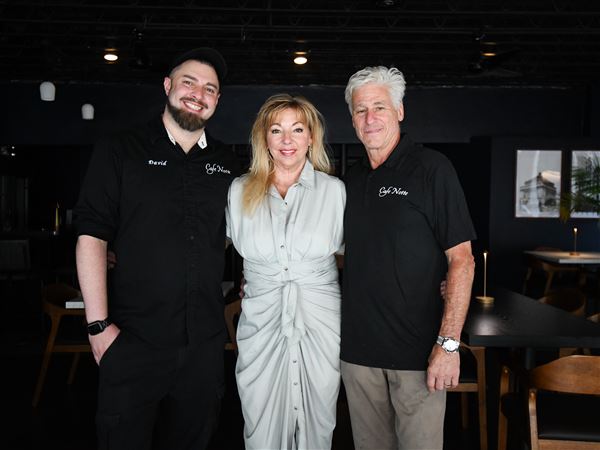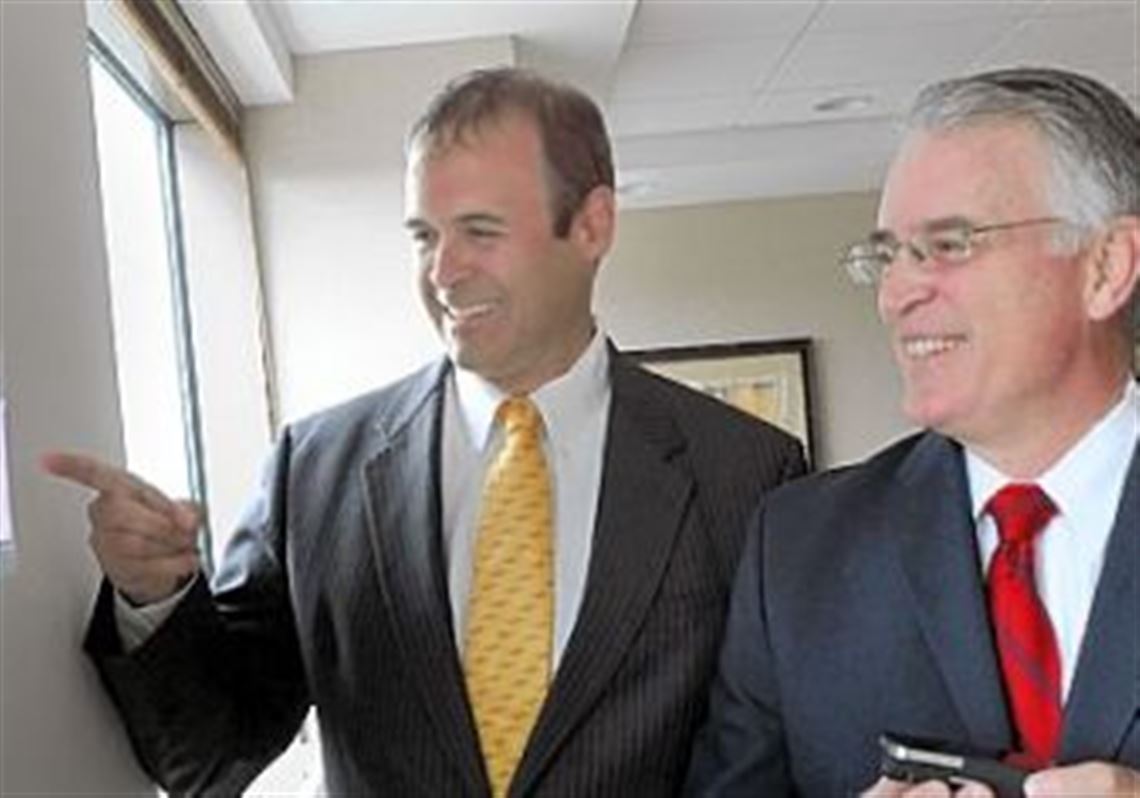A Pittsburgh lawyer recently won a judicial ruling that could serve as a landmark in determining whether a sophisticated computer application can be used in the legal discovery process.
The crux of the case is "predictive coding," a specialized method of electronic discovery that proponents say could save significant dollars and time for clients who pay hefty fees for discovery as part of their legal bills.
Thomas Gricks III, a partner in the Pittsburgh office of Schnader Harrison Segal & Lewis and chair of its e-discovery practice group, filed a motion to use predictive coding in a circuit court in Loudoun County, Va., where the firm is defending Dulles Jet Center. The ongoing case involves 10 suits from plaintiffs who claim that significant property damage occurred when a roof collapsed at three private jet hangars at the facility during a severe 2010 snowstorm.
The case involved more than 2 million documents, said Mr. Gricks. Predictive coding, he said, is a way to characterize a massive set of electronic files by reviewing a much smaller portion of the data.
"Typically when you collect data, you have a lot of non-relevant documents," he said. "Predictive coding lets you review a limited number of those, then characterize the entire set as relevant or not relevant."
The technology works by creating a mathematical model that scans electronically stored information to find data most pertinent to the case.
"So instead of reviewing 2 million, we could review 3,000 to 5,000 documents" and then come up with perhaps 200 that contain information critical to the case, Mr. Gricks said. "The key to this, from my perspective, is that it makes electronic discovery more affordable."
According to a study released in April by the Rand Corp., a nonprofit research institute, 73 percent of the costs of e-discovery are tied to document review.
Rand studied 57 legal cases from eight large corporations and concluded that human review is still necessary in predictive coding, "but only to review a much smaller subset of documents."
Because the technology is so new to the courts, Mr. Gricks said he decided to ask Judge James Chamblin "for permission first rather than forgiveness later."
The plaintiffs, represented by Jones Day, objected, saying it was not as effective as human review. So Mr. Gricks in April argued a motion to protect its use. The judge granted the motion shortly after Mr. Gricks' argument and before he called any experts to testify.
One of those experts was Karl Schieneman, a Pittsburgh lawyer and owner of Review Less, a firm that handles legal consulting and document review. He compared predictive coding to a spam filter in document review.
"Over a smaller amount of documents, you can train software to recognize what the best [human] reviewer is seeing. The alternative is putting 50 people in a room, training them for a few hours and then telling them to review the documents and tell me what's important."
While a case using predictive coding has yet to arise locally, Mr. Schieneman has provided training to personnel in federal courts here.
Rather than keyword searching of documents, predictive coding uses analytic searching that looks for concepts, said Peter Mansmann, chief executive of Precise Inc., a Downtown-based firm that provides trial consulting, e-discovery and document retention services.
"It's kind of new to the legal industry, and though it's statistically shown to be accurate, people are afraid to use it because they're not sure if it's admissible in court," Mr. Mansmann said. "The importance of this case is that now you have a judge who said, 'Yes. I'm going to accept this as a reasonable approach to handling discovery.'
"It will open the door for this to become a more accepted method. And it's a huge cost savings. Typically, attorney review is the most expensive part of the process."
Mr. Gricks -- who holds a chemical engineering degree from Carnegie Mellon University and who worked at Dravo Corp. (before it was acquired by Carmeuse in 1998), at Unocal and later as an in-house legal counsel at Westinghouse Corp. -- said predictive coding could allow more focus "on what's truly important, which is litigation itself and the need to spend money to truly litigate a case."
"We'll see a shift away from spending all that money on e-discovery costs."
The significance of the ruling Mr. Gricks won in the Dulles case, said Mr. Schieneman, is that it opens the door to using predictive coding when opposing counsel doesn't agree.
"At issue is whether it's OK to use technology to find a result quicker and more accurately and save money at the same time. Now we have a court that's said it's worth trying."
First Published: June 11, 2012, 8:00 a.m.
Updated: June 11, 2012, 5:41 p.m.
















